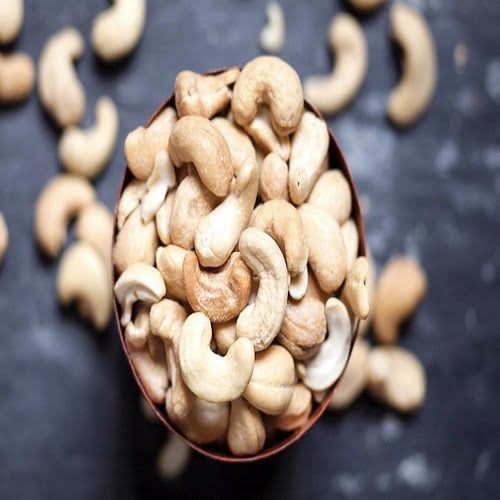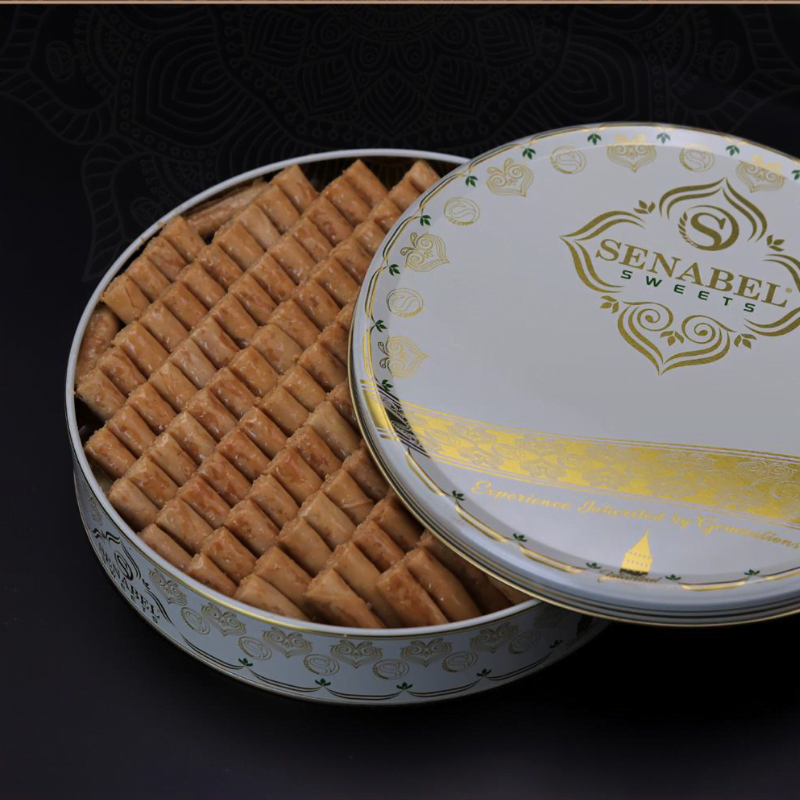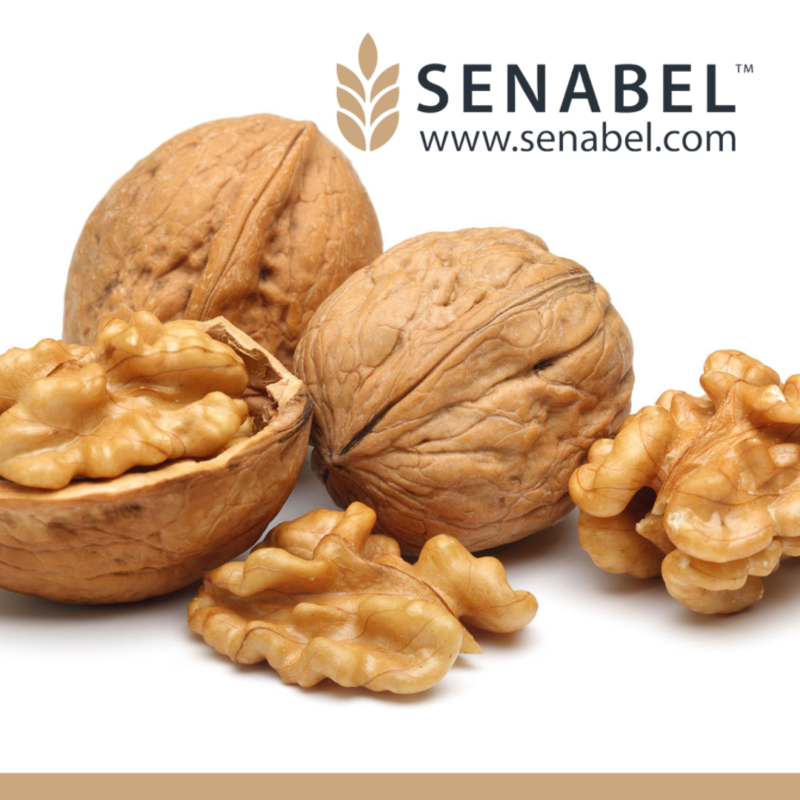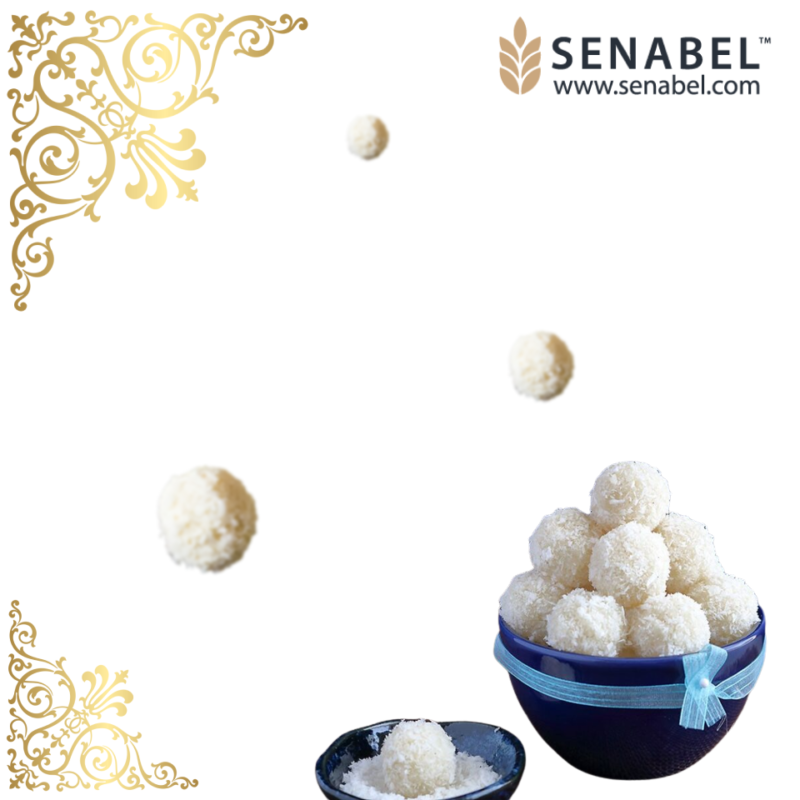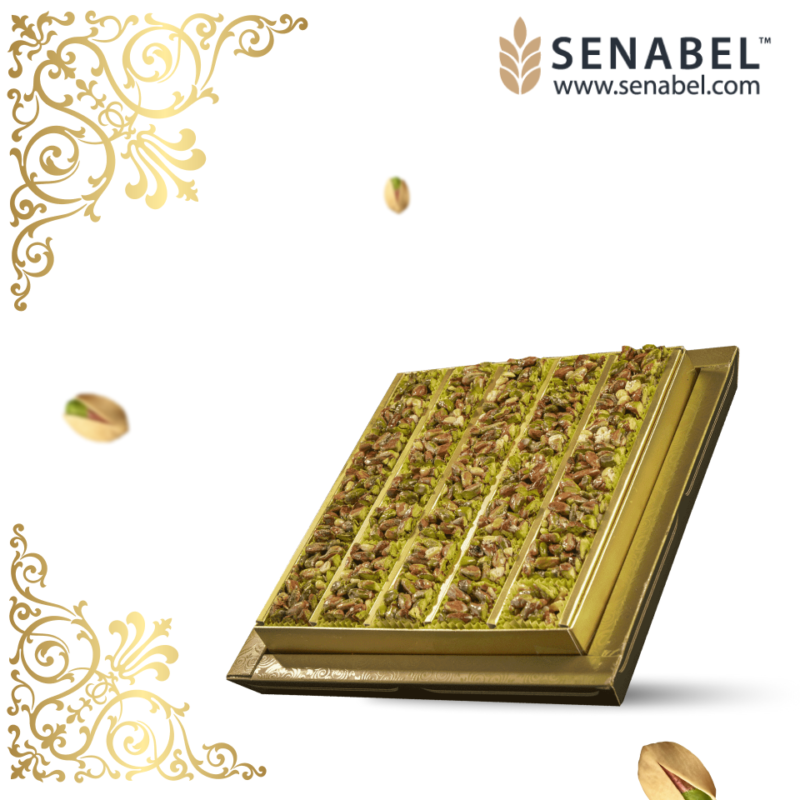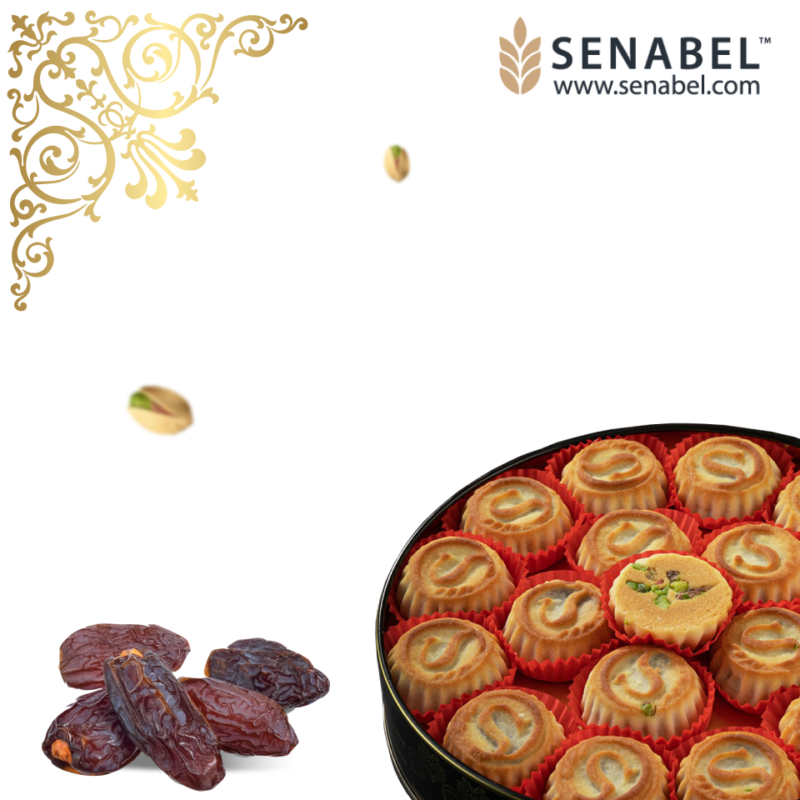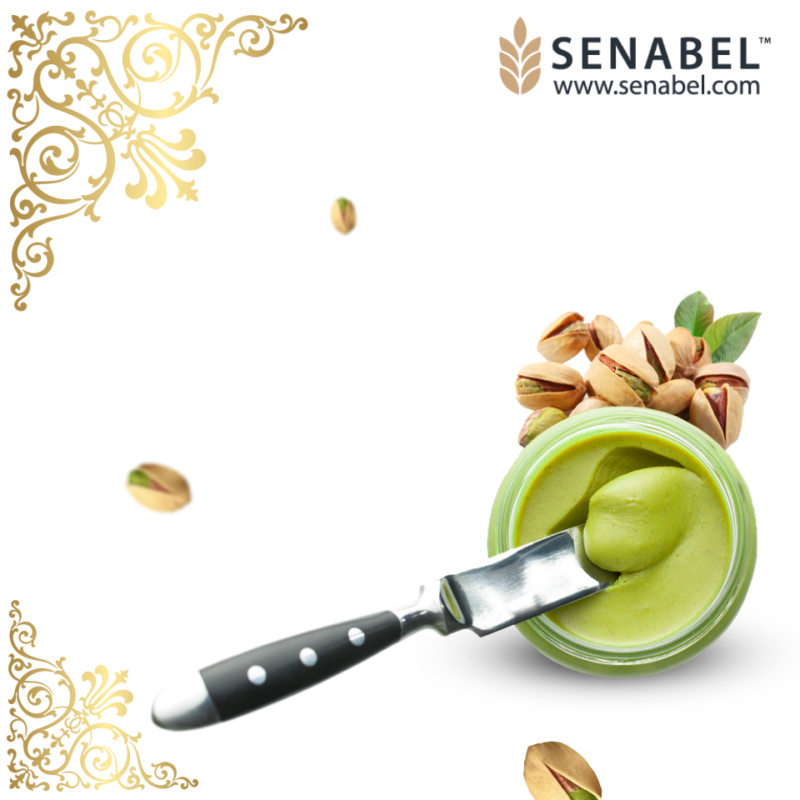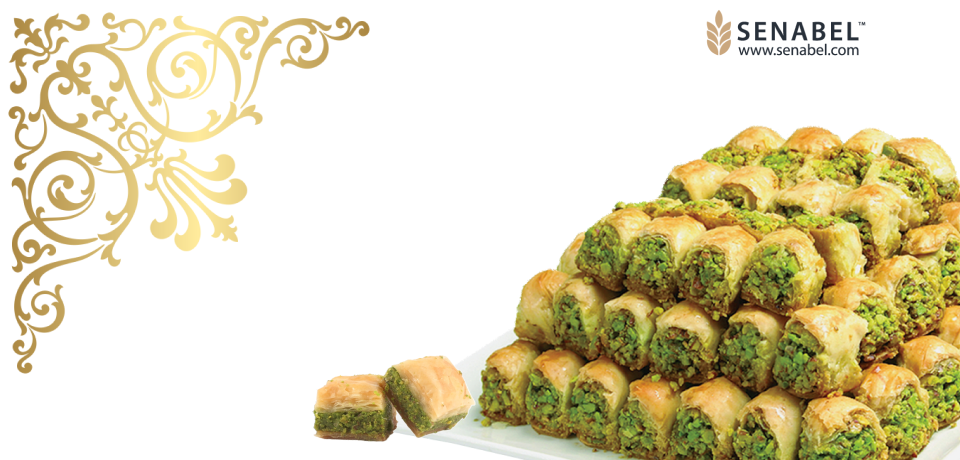Discover why baklava tastes so good with cashew sticks
What is Baklava?
Baklava is the most delicious and most famous dessert ever, and baklava has been ranked among the top ten desserts globally, and baklava consists of thin layers of dough, stuffed with nuts, such as walnuts, pistachios or others, and sweetened by pouring syrup or honey on it.
What is the history of baklava?
Baklava was famous throughout the different eras, but it flourished a lot in the old Ottoman era and was documented as one of the most important aspects of celebrating holidays and occasions at the time of the old Ottoman era, it was made in the kitchens of the Ottoman Empire in Topkapi Palace in Istanbul, and the Sultan presented it in a tray in its usual form today to the Janissaries in the middle of the month of Ramadan with a ceremonial ceremony called the Baklava Parade, and baklava was a cause of dispute between many regions that differed about its origin, especially between the Turks and the Greeks And the Greeks, but many sources confirmed that the origin of baklava dates back to the second century BC, especially in Mesopotamia and the Assyrians, and they used to prepare it from the layers of crisp dough and fill it with dried fruits from nature and then solve it by adding honey, and then the Turks took it from them, then the baklava traveled from country to country and differed in its preparation and ingredients according to the customs and traditions of different countries and each country added to it what it prefers from ingredients, and the class of baklava lovers expanded until it spread throughout the world.
The Baklava Parade and the Ottoman Empire
In the Ottoman Empire, a special annual festive procession was created for it, as a special procession known as the Baklava Procession appeared in the middle of Ramadan in the late seventeenth century AD, and the Sultan at that time distributed trays of baklava to the Janissaries and other military units in Istanbul, provided that every ten people have a tray of baklava, and they used to make great celebrations when moving the trays of Turkish baklava from one place to another, and they used to distribute and transfer them in a special order. When the trays of Turkish baklava were transferred from one place to another, they were distributed and transferred in a special system where Silahdar Agha starts first and takes the first two trays in the name of the Sultan because the Sultan considers the Janissary the first number, and the soldiers take the remaining trays for each tray Nafran; they pass a green-painted wood covered with parts of towels and carry the tray on their shoulders. The heads of each regiment walk in front, the tray bearers walk behind them, exit through the open doors and march towards the barracks in a large procession.
Baklava in Greece
Baklava was a major cause of strained relations between Greece and Turkey many years ago, and baklava is one of the most prominent types of desserts served in hospitality in general and during weddings in particular, as well as at Easter, where it is made of 40 thin layers to signify the number of days of fasting. It is also rumored in Greece that baklava should be made from 33 layers of filo dough, a number that refers to the age of Christ.
Learn about the benefits of cashews as a basic filling for baklava sticks
The importance of cashews does not stop at being just a type of nuts or entertainment, but the benefits of cashews are beyond imagination, as they have many benefits related to the human body:
- Cashews help promote heart health.
- Cashews keep your blood sugar in check.
- Cashews keep bones healthy.
- Cashews help prevent the formation of kidney or gallbladder stones.
- Cashews have many benefits for pregnant women.
- Cashews help prevent cancer.
- Cashews contain many elements, minerals and vitamins that the body needs such as: Antioxidants, flavonoids, iron, copper, magnesium, selenium and zinc in addition to a group of B vitamins.
Discover the types of baklava that exist in the Arab world
Iranian baklava: Iranian baklava differs from other types of baklava in that it is made with a specific number of crisp dough flakes as well as saffron, coconut, and nuts all mixed together.
Cashew baklava sticks: It is one of the most popular types of baklava, as the inclusion of cashews among the baklava ingredients gives it a unique distinction from other types of baklava.
Greek baklava: It has always symbolized the years that Christ lived in the Greek state, so it is made in the Greek state with 33 layers, and the ingredients include honey, walnuts, and cinnamon, which adds a different taste to it.
Azerbaijani baklava: It is prepared from crisp dough flakes and includes almonds and Turkish nuts that give it a special and different taste, and it is cut in a parallel shape and is one of the most famous desserts that are served on holidays and occasions.
Algerian baklava: The number of layers of dough that are used in the preparation of baklava in Algeria varies according to each region and each city, and it includes sugar, almonds and walnuts in its ingredients, which makes it have a unique taste specific to the country that offers it, and by tasting it there, you can determine which of the Algerian cities this baklava belongs to.
Armenian baklava: It is served with clove and cumin spices.
In the end, baklava has a wide and great fame all over the world, it is ranked among the top 10 types of desserts globally, and it will remain the best and most served on occasions, holidays and weddings.

